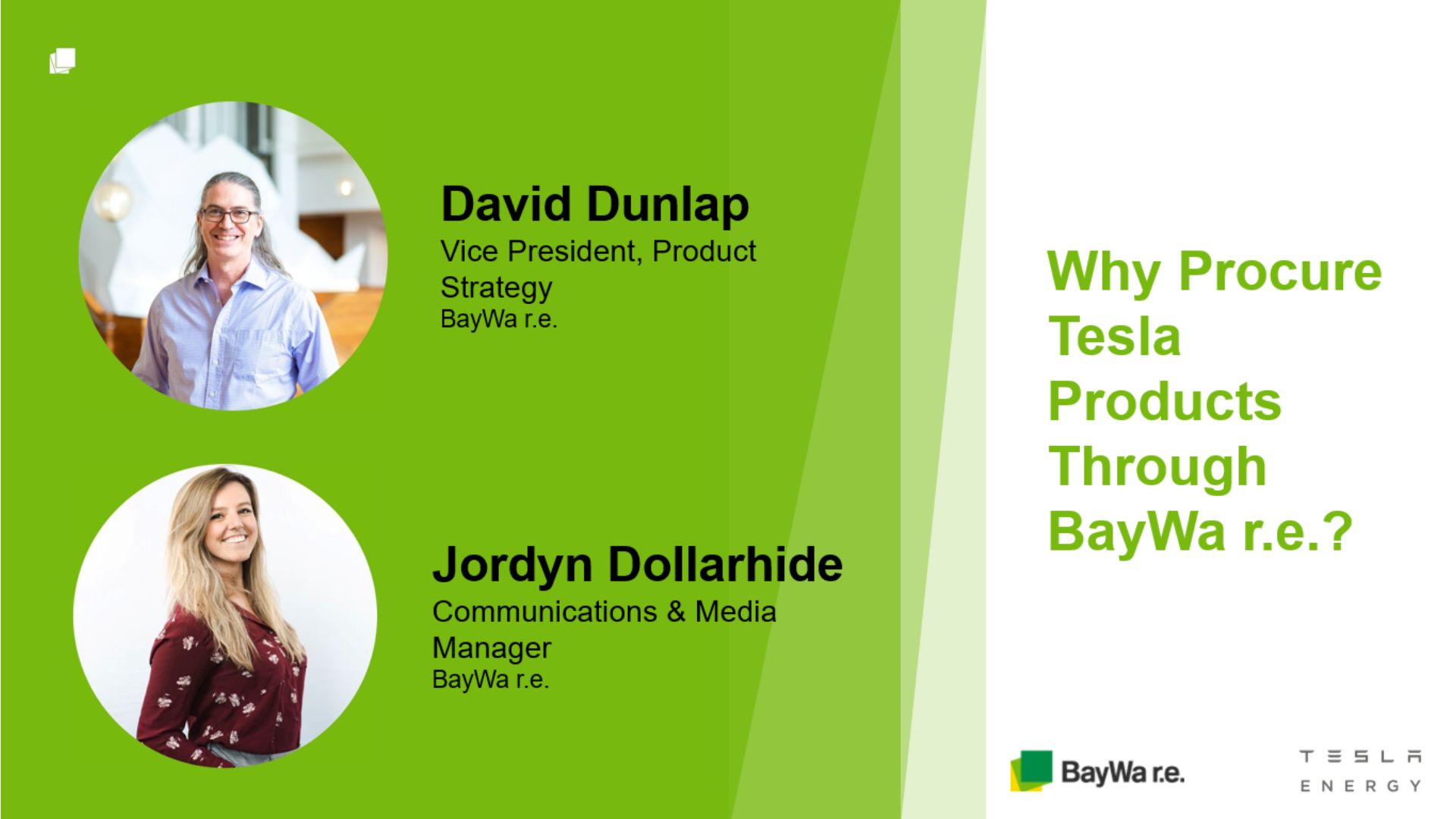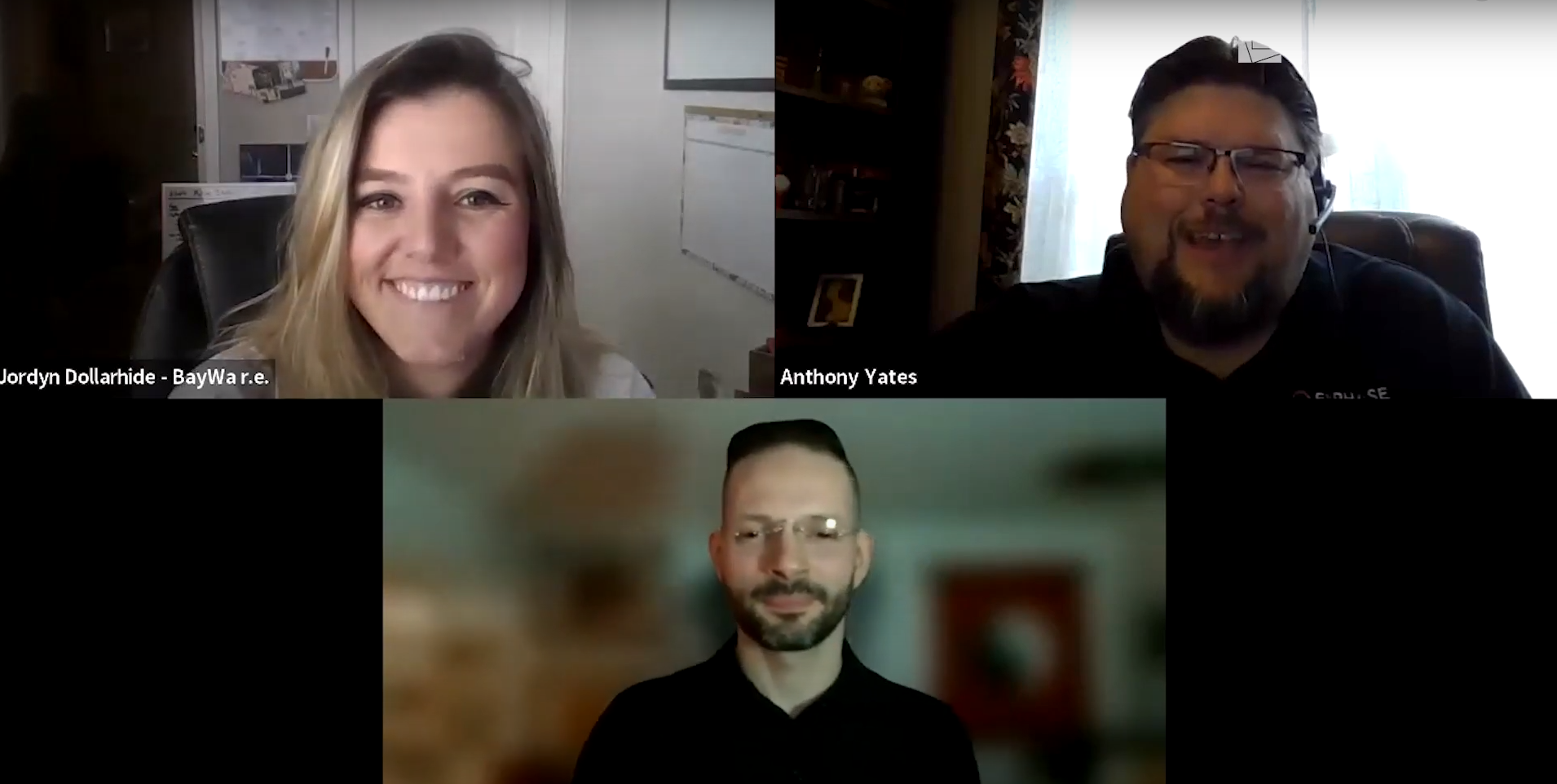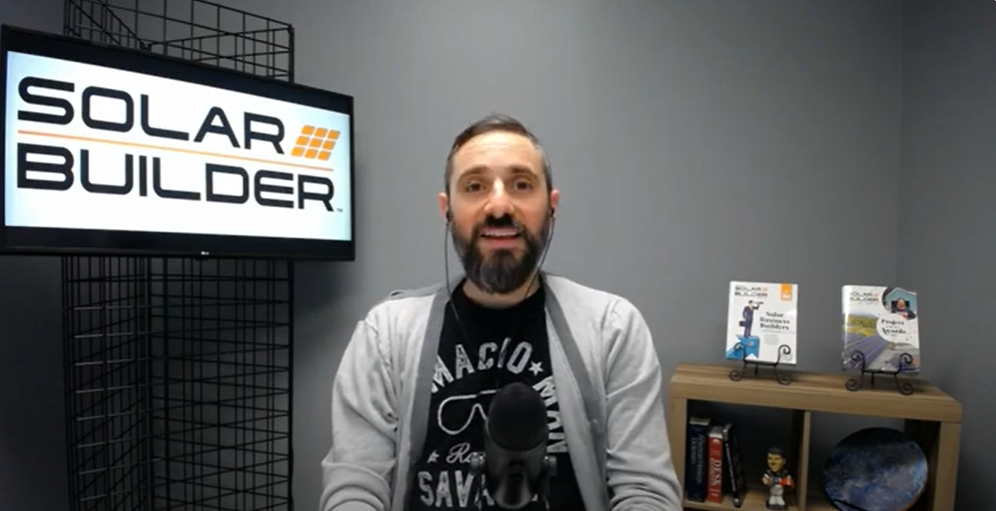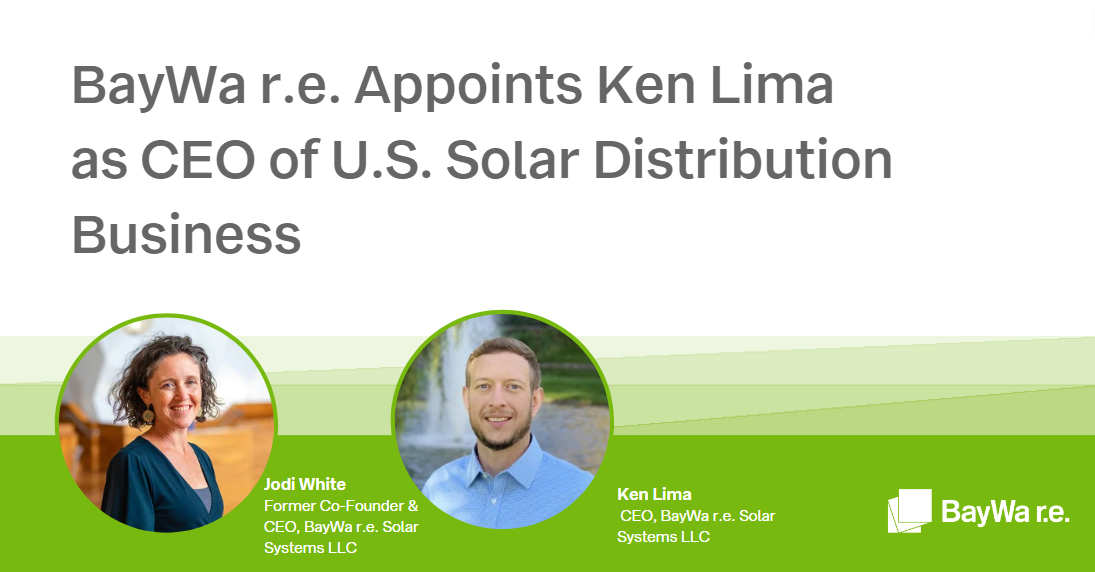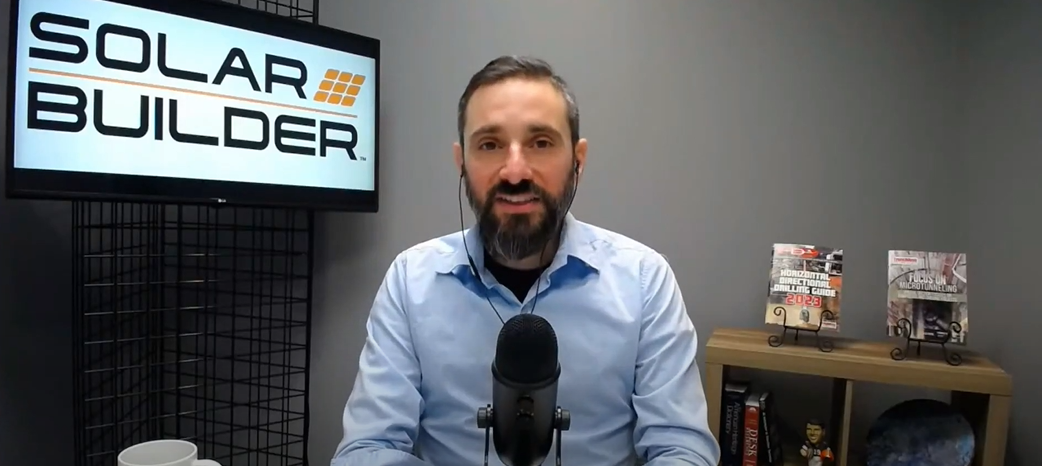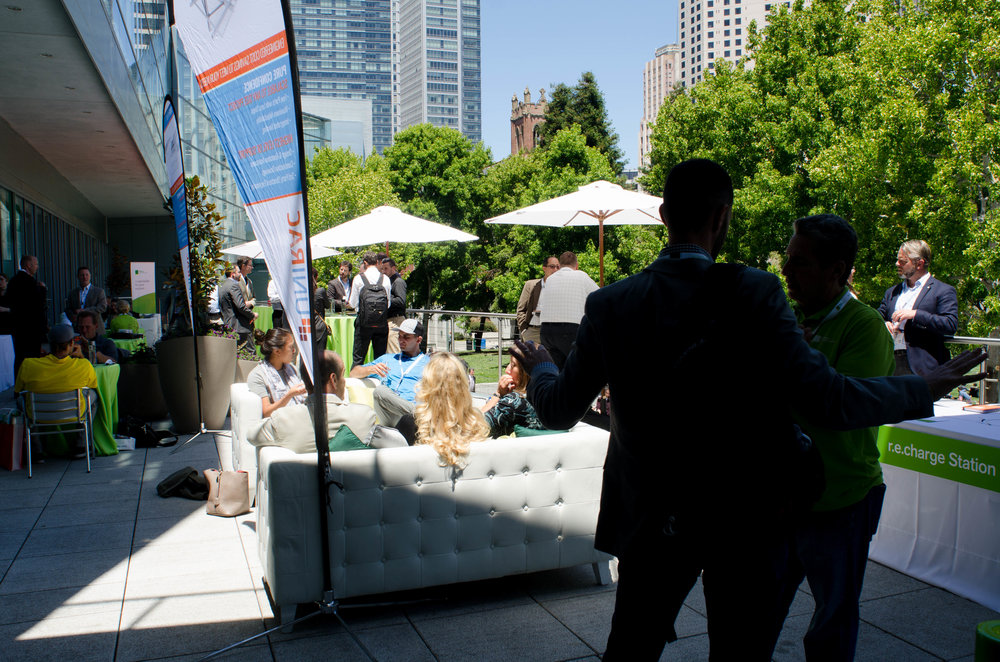
Events are a great way to engage with current customers and generate new leads. Here are some suggestions to improve event success.
Pre-event considerations
It’s important to map out the ways you will connect with your target audience by defining a clear event strategy. Get your team together to discuss your goals for the event.
Do you want to:
- Generate new leads?
- Schedule sales appointments?
- Build brand awareness?
- Provide trainings?
- Introduce a new product or service?
Keep in mind that having too many goals for an event can cause confusion, so work with your team to identify the highest-value goals for your business and focus on those.
After you’ve identified your goals, put yourself in the customer’s shoes and map out what you want the experience to be—from the invitation email through to the follow-up after the event.
Consider your messaging carefully. What are you trying to say about the unique value your company can bring customers? How is that expressed at your event table, the way you greet the customers, your print material, your website, and your brand as a whole?
Picking the best type of event
When the topic of events is discussed, many installers think of home shows. Certainly, this is one way to market your company. However, there are some more personal, local ideas you might consider as well.
One event idea (if you aren’t doing this already) is to host a post-installation party. Find a neighborhood where you already have a few installations, and ask your best customer if they’d be willing to co-host a barbecue at their house for neighbors and friends to celebrate their new solar system. New solar owners are often excited to share their experience with their friends and neighbors.
A variation on this theme is an annual customer-appreciation party. Encourage each of your customers to bring one or two people with them. This is a great way to both say thank you and raise awareness.
Remember:
- There’s a lot of potential growth from past customers, especially now that storage is more prevalent.
- During the year, train your sales and installation teams to actively identify those customers who are passionate about solar and who might be willing to co-host.
- Don’t forget to do the same with your local small business customers.
Other neighborhood event ideas:
- Check the Chamber of Commerce and table at events they are hosting.
- Table at a farmer’s market.
- Talk to a local grocery store and ask if you can table outside for the weekend.
- Support the Science Fair at local schools.
- If there is a local Solarize program, participate in the community education events.
Welcome to the event!
An underlying objective of every event should be to create brand awareness. Brand consistency is essential, so make sure your logo is presented in a consistent and prominent fashion on flyers, signage, banners, tablecloths, and team clothing. If it’s an outside event, don’t forget the lawn signs!

BayWa r.e. event, Sacramento – Photo, Tom Miller
You’ll want people in the neighborhood to recognize your brand and think of it positively. That extends beyond your logo to the experience people have of interacting with your company. Be sure everyone in your team presents themselves professionally and can tell your company story.
Gifts are a great idea if you have the budget. Finding something distinct and local to the region can be particularly memorable. Also, if you can spring for it, lighting can be a great way to set your display apart from others.
If you are serving food, keep in mind that it is the thing that can often make or break an event. Be sure that you have high quality and sufficient quantity.
Follow-up
Throughout the planning and hosting of the event, always keep in mind how you hope to leverage the event into the future. Following up with people by email or phone is the key to that, so be certain that you are gathering that information from attendees before they leave the event.
The event is the setup for future actions. Remember, what comes after the event is the most important part! Be sure to act quickly after the event to thank people for attending and include a survey to solicit their feedback. Survey Monkey is an easy, simple tool for this. And be sure to ask a few, specific questions that will help you improve on future events.
You’ll also want to ensure your sales team follows up with any leads. Continue to keep in touch with people via emails and mailers. Sharing case studies, interesting articles, customer reviews, are some of the types of content you can leverage into those follow-up contacts. Continue to nurture those leads over time to increase the likelihood that they someday turn into a sale.
Your thoughts?
What are your event experiences? What tips do you have to share with others?
Please provide your input in the comments section below.
